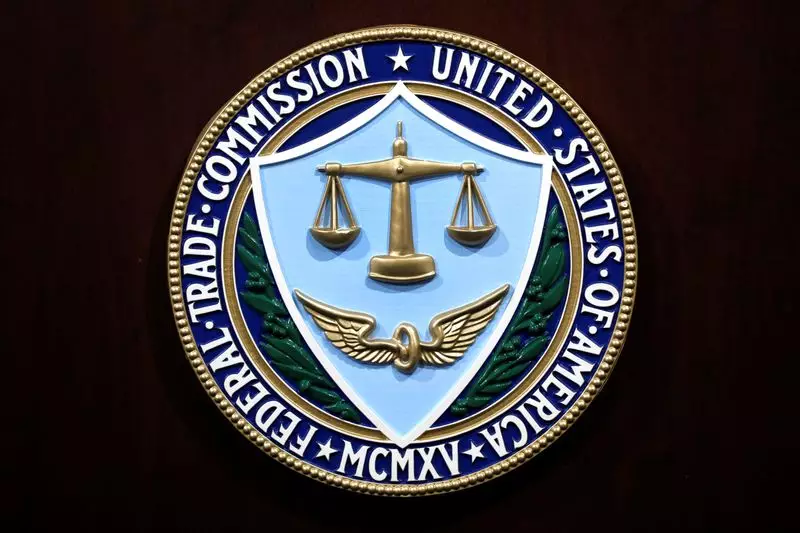The recent developments at the U.S. Federal Trade Commission (FTC) mark a significant pivot in the agency’s approach to diversity, equity, and inclusion (DEI). Lead by Chair Andrew Ferguson, the FTC is poised to eliminate DEI initiatives following a request for expanded authority consistent with the Trump administration’s executive order against such policies in the federal sector. This shift has ignited a growing debate over the role of political ideology within independent regulatory bodies and the implications of such decisions on the agency’s integrity and public perception.
Andrew Ferguson, a proponent for right-leaning governance within the agency, now wields considerable power after the Democratic commissioners chose not to contest his proposals aggressively. His criticism of perceived left-leaning bias, particularly regarding content moderation on social media, sets a precedent for the FTC’s evolving direction under his leadership. The immediate implications of this shift are noteworthy, as it suggests that political affiliations may increasingly dictate operational policies within federal agencies that are traditionally viewed as independent and above partisan politics.
This situation illustrates a defining moment for the FTC, raising questions about its independence amidst partisan conflicts. By stripping DEI references from official documents, Ferguson may alter the agency’s historical commitment to equal representation and the support of marginalized communities in economic contexts, which poses a risk of alienating large segments of the populace.
Democratic Resistance and the Balance of Power
Ferguson’s request received sharp criticism from Democratic Commissioner Alvaro Bedoya, who became the sole dissenting voice during the vote. Bedoya’s objection was not merely rooted in ideology but was also a question of priorities, as he argued that the FTC should be focused on pressing economic issues like the cost of living rather than engaging in what he deemed political theatrics regarding DEI policies.
The division amongst the commissioners highlights a broader ideological rift, one that reflects not just differing viewpoints on DEI but also on the very purpose and function of independent agencies. Democratic Commissioner Rebecca Slaughter’s decision to abstain from the vote underlines a perceived overreach by Ferguson, suggesting that the framework of independent governance must be upheld against ideologically motivated alterations.
The future trajectory of the FTC is uncertain, shaped profoundly by these recent changes. Ferguson has framed his actions as aligned with the President’s mandates, arguing that disregarding a lawful order is unacceptable for public officials. This framing serves to emphasize the broader GOP narrative that the federal agencies should reflect the current administration’s values and agenda.
As the DEI landscape continues to evolve under duress, it raises essential questions about accountability and governance within the FTC. Will the agency maintain a semblance of bipartisan respect and representation, or will it become an arena for heightened political contests? The outcome of this internal battle may have significant repercussions not only on the FTC’s mission but also on how regulatory bodies engage with issues of diversity and equity moving forward. Whether through continued pushback or further alignment with leadership mandates, the direction taken now will shape the agency’s legacy for years to come.

